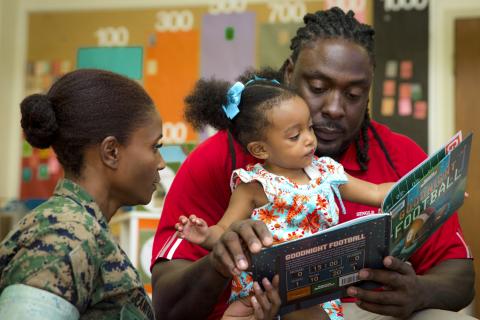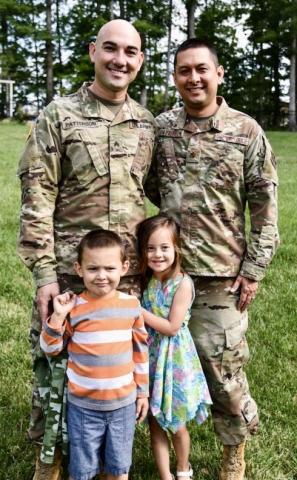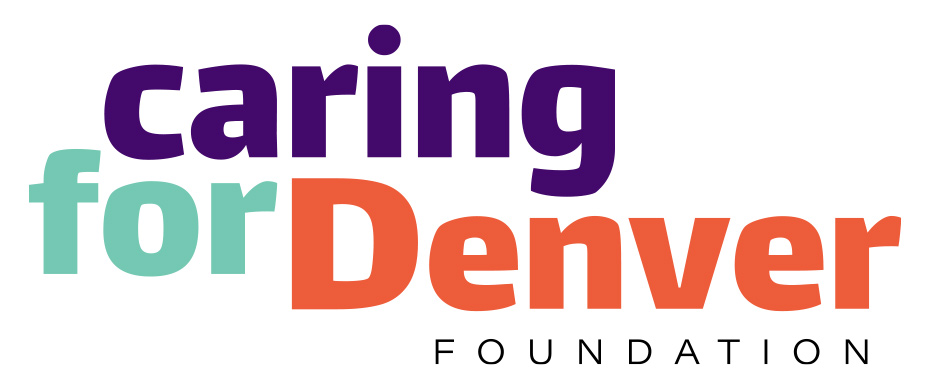Services
The Sturm Center is part of the Graduate School of Professional Psychology at the University of Denver. The clinic is both an academic clinical training site and a community behavioral health center for Veterans, Service Members, and their families. Located on the University of Denver Campus in the Ammi Hyde Building,
The Sturm Center Welcomes:
- All Veterans no matter discharge status, era or combat status
- Service Members including Guard and Reserve
- Their families and children
The CUB Clinic is also part of the Graduate School of Professional Psychology at the University of Denver. It serves pregnant and postpartum families with infants and young children.
The CUB Clinic Welcomes:
- Families experiencing pregnancy- and postpartum-related concerns including mood, anxiety, stress, adjustment, trauma and relationship issues
- Pregnancy-related grief, loss and fertility concerns
- Developmental guidance regarding common concerns during infancy and toddlerhood
- Parent-child relationship concerns including attachment/bonding, adjustment post fostering/adoption or separation/divorce
- Child mental health concerns including anxiety, depression, acting out and/or behavioral difficulties.
The joint Sturm Center/CUB Clinic project provides integrated behavioral health services across clinics in the daytime and during evening hours to increase accessibility to services. The Strengthening Bridges Project doctoral-level psychological trainees receive ongoing supervision from licensed clinical psychologists as well as year-long clinical training via courses and seminars specific to working with Military and Veteran families.
Our clinics offer a sliding-scale payment model, accept Medicaid, and provide low-cost or pro-bono services.
Strengthening Bridges Project Services
- Adult Individual Therapy
- Family/Couples Therapy
- Child/Adolescent Therapy
- Group Therapy
- Music Therapy Support Groups
- We Play Groups
- Referrals to Community Resources
- Psychological Assessments (Objective Medical Evidence, Cognitive, Personality, Learning Disorders, Clarification of Diagnosis)
- Parent-child interaction therapy
- Assessment of individuals and attachment relationships
Evidence-Based Approaches
- Parent-Child Interaction Therapy (PCIT)
- Interpersonal Psychotherapy (IPT)
- Cognitive Processing Therapy
- EMDR
- Prolonged Exposure
- Acceptance and Commitment Therapy
- Trauma-Focused Cognitive Behavioral Therapy
- Motivational Enhancement Therapy/ Motivational Interviewing
- Skills Training in Affective and Interpersonal Regulation/Dialectical Behavior Therapy



